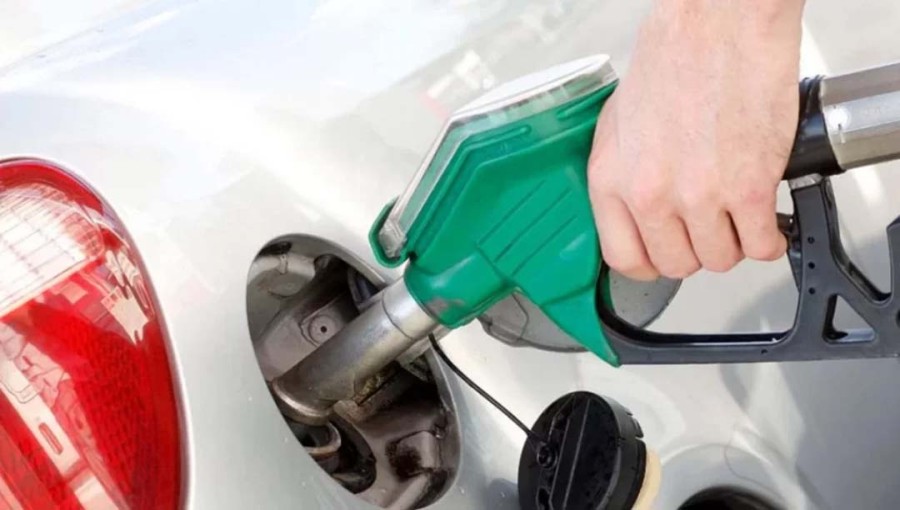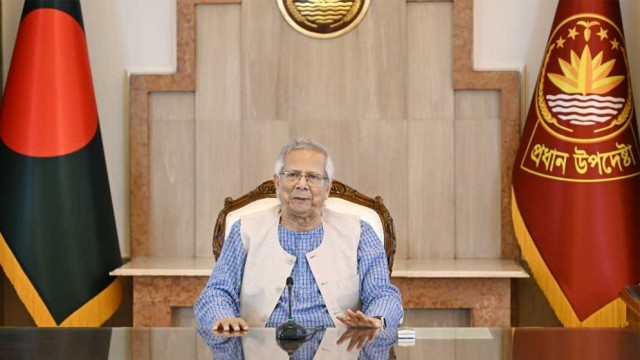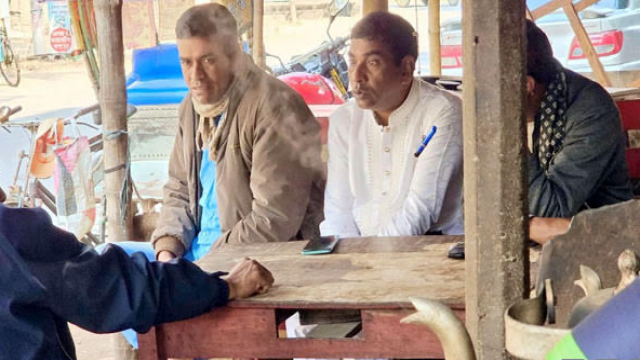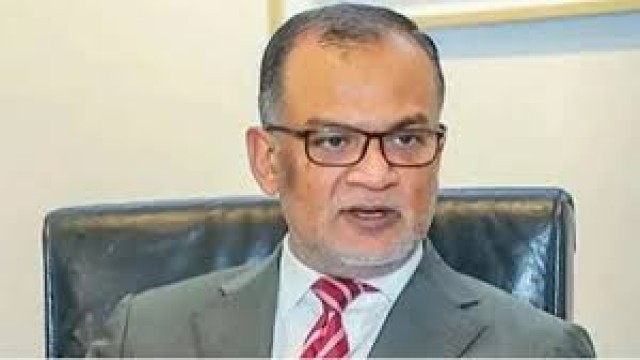The Bangladesh Petroleum Corporation (BPC) is set to launch a smart fuel distribution monitoring system (SFDMS) to enhance and modernize the fuel distribution process. This advanced system will gradually cover the entire process from fuel release to customer delivery, initially focusing on transportation.
Sources within the Energy Department indicated that BPC aims to implement this system by next June, although full deployment might require additional time.
Recently, Dr. Nurul Alam, Secretary of the Energy Department, directed the introduction of the SFDMS during a departmental meeting to address irregularities in fuel oil transportation.
A BPC official mentioned that implementing the SFDMS involves multiple components and requires a detailed plan. “We are currently focusing on transportation and have plans to modernize the entire process from fuel oil import to customer delivery,” he added.
For more information, the official suggested contacting the BPC chairman, who was unavailable for comment despite repeated attempts.
BPC’s plan outlines special initiatives to modernize fuel oil transportation from 2024 to June 2025. These include:
- Introduction of modern IP camera monitoring dashboards for security in BPC deployments.
- Implementation of a GPS tracker monitoring system to ensure the safety of fuel oil import and distribution tank lorries.
- Coordination with Google Maps to introduce the Automatic Identification System (AIS) for monitoring oil tankers involved in fuel transportation.
- Launch of a five-digit hotline number to facilitate service and alleviate customer issues.
Additionally, Eastern Refinery Limited (ERL) will see the introduction of a smart quantification system for the reception and delivery of petroleum products, along with the development of an electronic database and monitoring system for ERL equipment.
Other plans for 2026 to 2030 include:
- Automation of all major marketing company installations under BPC.
- Development of an app-based database to collect information from dealers, agents, and customers for sector-wise fuel oil consumption statistics.
- Establishment of a specialized research cell in collaboration with other companies to forecast future fuel oil demand, conduct international market research, and analyze alternative fuel oil markets.
- Introduction of a system for paying fuel bills through mobile financial services and various debit/credit cards, which will also collect up-to-date information and certificates for bills.
The BPC stated that the dashboard aims to provide real-time data on fuel storage, import, distribution, and supply, ensuring greater transparency and efficiency in its operations.































Comment: